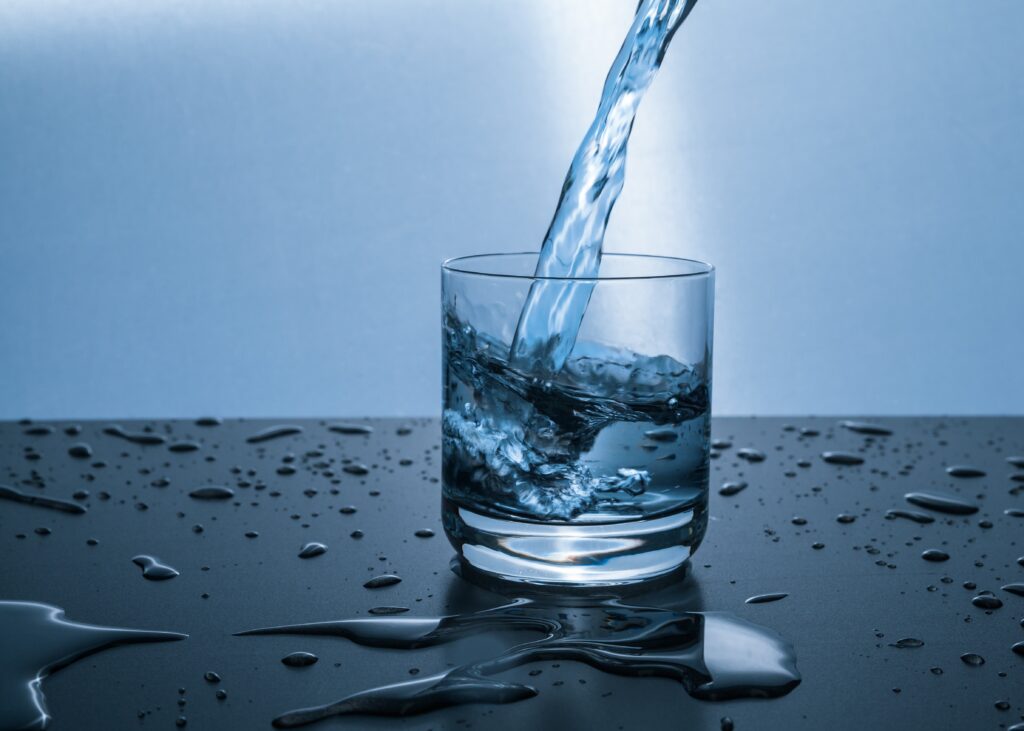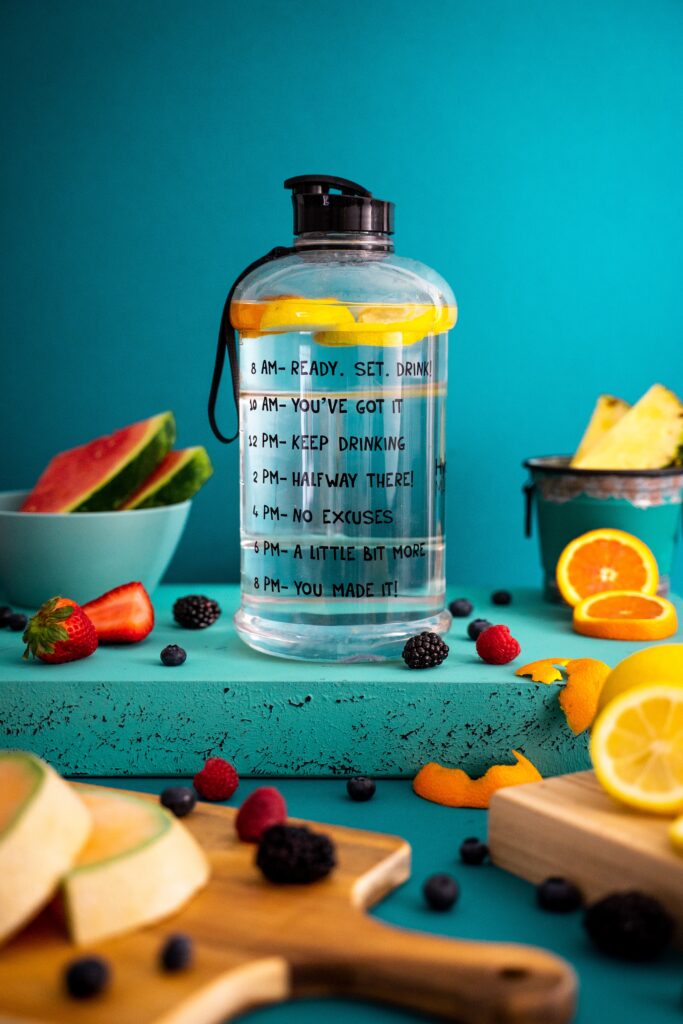Water is essential for life. It makes up about 60% of our body weight and is involved in many important functions, including:
- Regulating body temperature
- Transporting nutrients and oxygen to cells
- Removing waste products from the body
- Lubricating joints
- Protecting organs
- Also, Maintaining skin health
When we don’t drink enough fluids, we become dehydrated. Dehydration can cause a variety of symptoms, including:
- Thirst
- Dry mouth
- Fatigue
- Headache
- Lightheadedness
- Muscle cramps
- Constipation
- Dizziness
- Confusion
- Seizures
In severe cases, dehydration can be life-threatening.
That’s why it’s important to stay hydrated throughout the day. The amount of fluids you need to drink each day depends on a number of factors, including your age, activity level, and climate. However, most adults need to drink about 8-10 glasses of water per day.

Here are some tips for staying hydrated:
- Drink water first thing in the morning. This will help to rehydrate your body after a night of sleep.
- Drink water throughout the day, even if you’re not thirsty.
- Carry a water bottle with you so you can always have a drink on hand.
- Drink water with meals and snacks.
- Choose water-rich foods, such as fruits and vegetables.
- Avoid sugary drinks, such as soda and juice. These drinks can dehydrate you even more.
- If you’re exercising, drink extra fluids. The amount of fluids you need will depend on the intensity and duration of your workout.
- If you’re sweating a lot, drink fluids that contain electrolytes, such as sports drinks.
By following these tips, you can stay hydrated and improve your overall health and well-being.
Here are some additional tips for staying hydrated:
- presuming that you’re not used to drinking a lot of water, start slowly and gradually increase your intake.
- If you have a medical condition, such as diabetes or kidney disease, talk to your doctor about how much water you should drink.
- supposing that you’re taking medication, check with your doctor to see if it can affect your hydration levels.
- If you’re pregnant or breastfeeding, you need to drink even more fluids than usual.
- provided that you’re traveling, be sure to drink plenty of fluids, especially if you’re in a hot climate.
- If you’re sick, you may need to drink more fluids than usual.
Staying hydrated is an important part of maintaining good health. By following these tips, you can make sure you’re getting the fluids your body needs.


